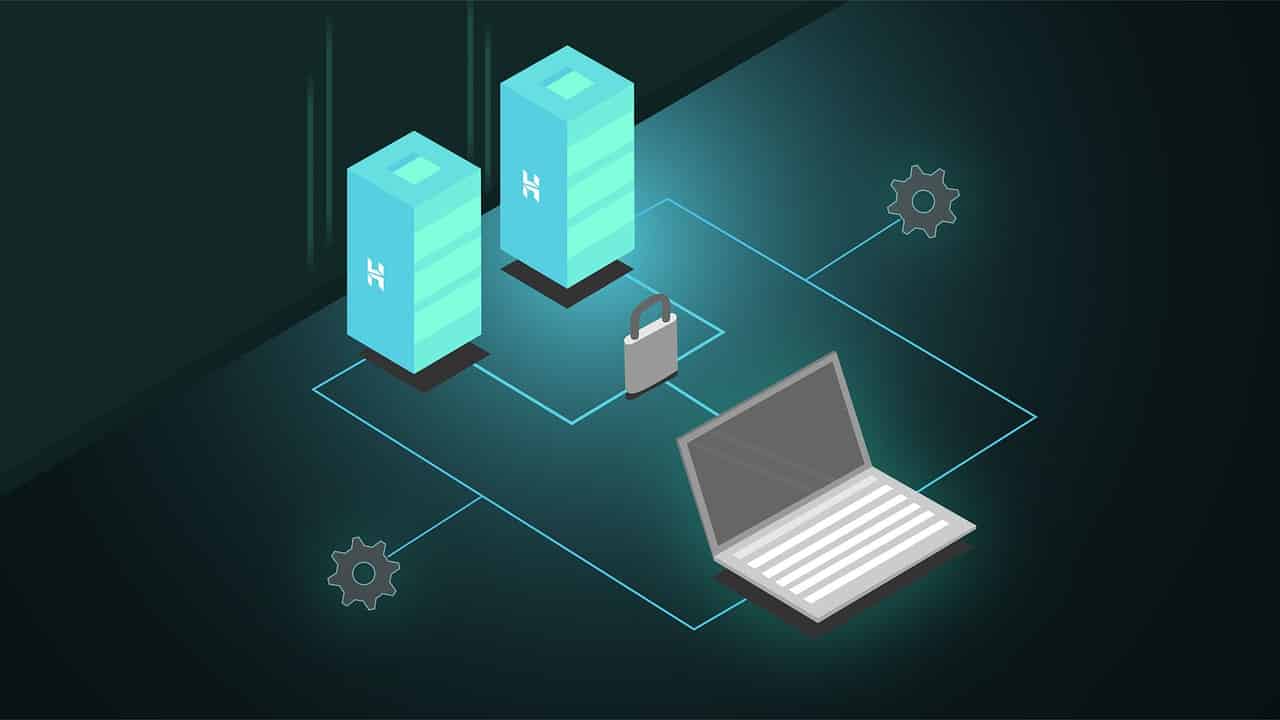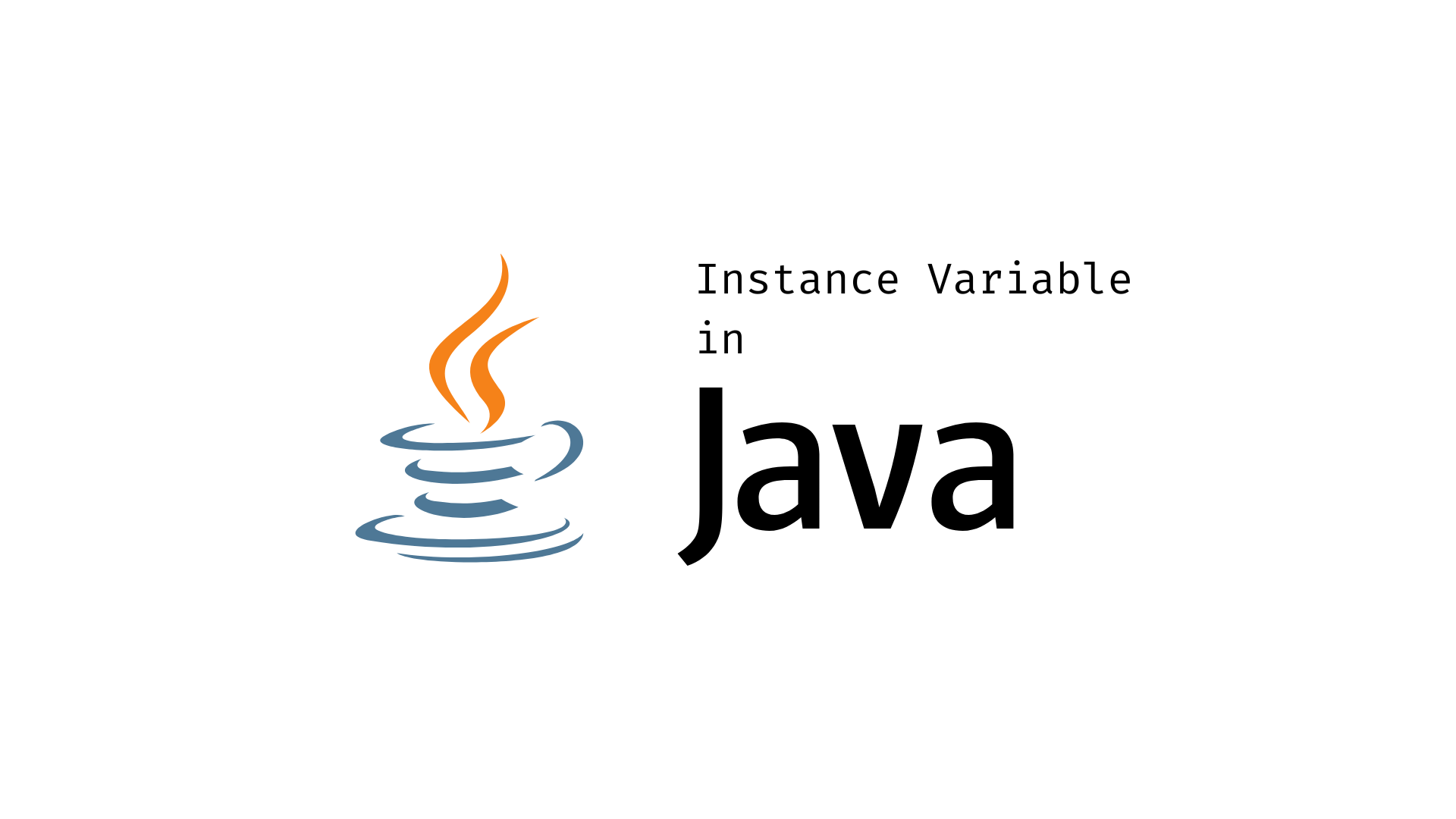The data revolution is in full swing! Businesses are increasingly relying on data-driven decision-making, fueled by insights gleaned from information silos. Many companies need database experts who can build, manage, and search through systems because technology is constantly changing."
The company needs database experts to stay current with technological advancements. They must be able to create, oversee, and search through databases effectively.
Completing a database project can enhance the knowledge of computer science students and aspiring developers about database management systems and SQL. This project will provide hands-on experience with managing databases and writing SQL queries.
It is a practical way to apply theoretical knowledge to real-world scenarios. By working on a database project, students can gain valuable skills that will benefit them in their future careers. This project is a great way to practice and improve your skills in DBMS and SQL. You can gain practical experience using these technologies by working on a database project.
Creating a database project is a beneficial learning opportunity for those interested in computer science and software development. This course will give you hands-on experience with database design and data manipulation. It will also improve your problem-solving skills and make you stand out.
This guide equips you with a treasure trove of database project ideas and valuable tips to choose the perfect one for your experience level and interests.
Why Build a Database Project?
Here are some compelling reasons to embark on a database project:
- Boost your Database Knowledge: Building a project allows you to apply theoretical knowledge to real-world scenarios. You will learn to design databases, manipulate data using SQL queries, and manage data effectively. This is important for anyone working with database systems."
- Sharpen your SQL Skills: SQL is the workhorse of relational databases. By working on a project, you'll get comfortable writing queries to retrieve (SELECT), insert (INSERT), update (UPDATE), and delete (DELETE) data – essential skills for interacting with databases and extracting valuable information.
- Improve your problem-solving skills: You must solve problems like organizing data, ensuring data accuracy, and enhancing query speed. This process will strengthen your problem-solving abilities and equip you to approach complex data tasks confidently.
- Showcase your Skills to Potential Employers: A well-designed and implemented database project can be valuable to your portfolio. It demonstrates your initiative, technical skills in database design and SQL, and ability to apply your knowledge to solve practical problems.
Choosing the Right Database Project for You
Selecting the ideal database project depends on several factors:
- Your Experience Level: If you're a beginner, start with a simpler project, like a library management system. As you gain experience, you can progress to more complex projects like an online retail application with features like a shopping cart system.
- Data Availability: Consider how you'll obtain the information for your project database. Some project ideas, like a student database, might require you to create dummy data, while others might involve finding publicly available datasets online. Public datasets can be a great resource for exploring real-world weather, finance, or demographics data.
- Your Interests and Skills: Choose from the DBMS project ideas that spark your interest and align with your existing skills. Are you passionate about healthcare? Look into a hospital management system project. Do you enjoy online shopping? Build an e-commerce platform with a user-friendly interface!
Top Database Project Ideas to Ignite Your Creativity
Here's a diverse selection of database project ideas, categorized by difficulty level, to get you started:
Beginner-Friendly Projects:
- Library Management System: This is one of the classic DBMS mini-project topics that allows you to manage library books, borrowers, and borrowing history. You can practice data modeling for entities like books, members, and loans and write SQL queries to find available books, track overdue items, and generate reports.
Requirements:
- Entities: Books (title, author, ISBN, genre, publication date, available copies) Members (name, contact information, membership type) Loans (book ID, member ID, loan date, due date, return date)
- Tasks: Design tables with appropriate data types and constraints. Write SQL queries to:
- Find available books by title or author.
- Track overdue items.
- Generate reports on borrowing history by a member.
Bonus: Implement a user interface (optional) for library staff to manage the system.
- Student Database Management System: Create a system to store student information like names, courses, grades, and attendance records. You can experiment with data normalization techniques to minimize redundancy and ensure data integrity.
Requirements:
- Entities: Students (name, ID number, major, year) Courses (course code, name, instructor) Grades (student ID, course code, grade) Attendance (student ID, date, attendance status)
- Tasks: Design tables with relationships to avoid redundancy. Write SQL queries to:
- Calculate student grade point averages (GPA).
- Track student attendance for a specific course.
- Generate reports on student enrollment by major.
Bonus: Implement data normalization techniques to minimize redundancy.
- Inventory Control System: This project helps you manage product stock levels, track orders, and identify low-inventory items. Practice writing queries to update stock levels after sales and generate reports for inventory analysis.
Requirements:
- Entities: Products (product ID, name, description, unit price, stock level) Suppliers (name, contact information) Orders (order ID, product ID, quantity, order date, delivery date)
- Tasks: Design tables to track product information and stock levels. Write SQL queries to:
- Update stock levels after sales.
- Identify low-inventory items requiring reordering.
- Generate reports on product sales by category.
Bonus: Implement functionalities for managing suppliers and purchase orders (optional).
Intermediate Projects:
- Online Retail Application Database: Build a database to manage products, customers, orders, and payments for an online store. You can design modules for product listings, shopping carts, and checkout functions. This project allows you to explore functionalities like user accounts and secure transactions using appropriate security measures.
Requirements:
- Entities: Products (productID, name, description, price, stock level, category) Customers (name, email address, shipping address, billing address) Orders (order ID, customer ID, date, order total, status) Order Items (order ID, product ID, quantity, unit price)
- Tasks: Design tables to manage products, customers, orders, and shopping carts. Write SQL queries to:
- Process customer orders and update stock levels.
- Track order history for individual customers.
- Generate reports on sales by product or category.
Bonus:
- Implement user accounts and secure login functionality.
- Explore integrating a shopping cart system with product selection and checkout functionalities.
- Consider incorporating payment processing using secure APIs (Note: This would require additional research and security measures).
- Hospital Management System: Develop a system to manage patient records, appointments, medical history, and staff information. This project can involve designing modules for patient registration, scheduling appointments, HIPAA compliant billing, and integrating with electronic health record (EHR) systems, such as the EHR for psychiatry.
Requirements:
- Entities: Patients (ID number, name, date of birth, medical history) Doctors (ID number, name, specialty) Appointments (appointment ID, patient ID, doctor ID, date, time) Bills (bill ID, patient ID, date, service charges, medication costs)
- Tasks: Design tables to manage patient information, appointments, and billing. Write SQL queries to:
- Schedule appointments based on doctor availability.
- Generate bills for patients based on services rendered.
- Track patient medical history for future reference.
Bonus: Explore integrating with a mock Electronic Health Record (EHR) system
(Note: This would involve research on EHR data standards and security protocols). Design modules for patient registration, appointment scheduling, and billing functionalities.
- Electricity Bill Management System: This project allows you to manage customer information, billing data (including electricity consumption rates), and payment history for electricity bills. You can practice writing queries to generate bills based on consumption and track payment statuses, potentially integrating with online payment gateways.
Requirements:
- Entities: Customers (account number, name, address) Billing Rates (rate tier, usage range, cost per unit) Electricity Usage (account number, month, meter reading) Bills (bill ID, account number, month, total amount due, payment status)
- Tasks: Design tables to manage customer information, billing rates, and electricity usage data. Write SQL queries to:
- Calculate electricity bills based on consumption and applicable rates.
- Track customer payment history and identify outstanding balances.
- Generate reports on electricity usage patterns for different customer segments.
Bonus: Explore integrating with an online payment gateway for secure bill payments (Note: This would require research on payment gateway APIs and security measures). Implement functionalities for sending bill notifications to customers.
Advanced Projects:
- Voice-Based Transport Enquiry System: Design a system that uses voice recognition technology to provide real-time information about bus schedules, train timings, and flight departures – integrating functionalities from different domains. This project delves into interfacing with APIs (Application Programming Interfaces) for real-time data retrieval and potentially using natural language processing techniques for voice command recognition.
Requirements:
- External Integrations: Utilize APIs from transportation providers (buses, trains, flights) for real-time schedule data.
- Tasks: Integrate voice recognition technology to process user queries:
- Design a system that understands spoken commands for specific locations and travel times.
- Develop functionalities to retrieve real-time information about bus schedules, train timings, and flight departures using APIs.
Bonus: Explore incorporating natural language processing techniques for improved voice command recognition and user interaction.
- SMS-based Remote Server Monitoring System: Develop a system that sends SMS alerts to administrators when servers go down or experience performance issues. This project combines database management with server monitoring tools for real-time system health checks, potentially incorporating SMS gateways for sending alerts.
Requirements:
- External Tools: Integrate with server monitoring software to track server performance metrics.
- Tasks: Utilize SMS gateways to Send or Schedule send text message alerts
- Design a system that monitors server health and performance in real-time.
- Develop functionalities to send SMS alerts to administrators when servers go down or experience performance issues.
Bonus:
- Implement functionalities for customizing alert thresholds and recipient lists.
- Explore integrating with different server monitoring tools for comprehensive data collection.
- Online Blood Donation Management System: Create a platform to connect blood donors with healthcare institutions in need. This project involves managing donor information, blood types, and appointment scheduling. It also incorporates user authentication and secure data handling practices, ensuring compliance with data privacy regulations.
Requirements:
- Entities: Donors (name, blood type, contact information, medical history) Hospitals (name, location, contact information, blood requirements) Appointments (donor ID, hospital ID, date, time)
- Tasks: Design tables for donor information, blood types, and appointment scheduling.
- Implement user authentication and secure data handling practices to comply with data privacy regulations.
- Develop functionalities to connect blood donors with needed hospitals based on blood type compatibility and location.
Bonus: Explore integrating with a blood bank inventory management system (optional). Implement functionalities for managing donor eligibility criteria and appointment scheduling.
Bonus Tip: While working on your project, strive to implement database normalization techniques. Normalization helps reduce data redundancy, improve data integrity, and optimize query performance—all essential aspects of efficient database management.
Expand Your Horizons
This list provides a springboard for your database management system project endeavors. Don't be afraid to get creative and explore project ideas that pique your interest. You could even combine elements from different projects to create a unique and challenging experience.
For instance, imagine building a mobile app for a university library management system that allows students to search for books, check their borrowing history, and even receive notifications for overdue items – all through the convenience of their smartphones.
The database project possibilities for students are truly endless!
If you have any queries, feel free to reach out. Keep learning and keep upskilling with online courses with certificates at Great Learning Academy.






